Governance
Further Education Colleges are incorporated bodies controlled by a corporation (also referred to as a governing body or board of governors). Colleges are Exempt Charities for the purposes of the Charities Act 1993, although do not fall under the direct supervision of the Charities Commission. In this respect the Secretary of State is appointed Principal Regulator and Board Members are also considered to be Trustees with certain legal obligations.
A corporation is a collective, strategic decision−making body which is responsible for:
- the determination and periodic review of the educational character and mission of the institution and for the oversight of its activities;
- publishing arrangements for obtaining the views of staff and students on the determination and periodic review of the educational character and mission of the institution and the oversight of its activities;
- approving the quality strategy of the institution;
- the effective and efficient use of resources, the solvency of the institution and the Corporation and safeguarding their assets;
- approving annual estimates of income and expenditure;
- the appointment, grading, suspension, dismissal and determination of the pay and conditions of service of the holders of senior posts and the Clerk, including, where the Clerk is, or is to be appointed as, a member of staff, the Clerk’s appointment, grading, suspension, dismissal and determination of pay in the capacity of a member of staff; and
- setting a framework for the pay and conditions of all other staff
Our Corporation has agreed its membership as 14 Governors, including the Principal, 1 staff Governor and 1 Student Governor. All Governors are unpaid volunteers recruited from the communities which the College serves. Certain Corporation documents are available for the public to view on this website. In order to increase openness, accountability and to meet all legal requirements, new documents will be added on a regular basis.

